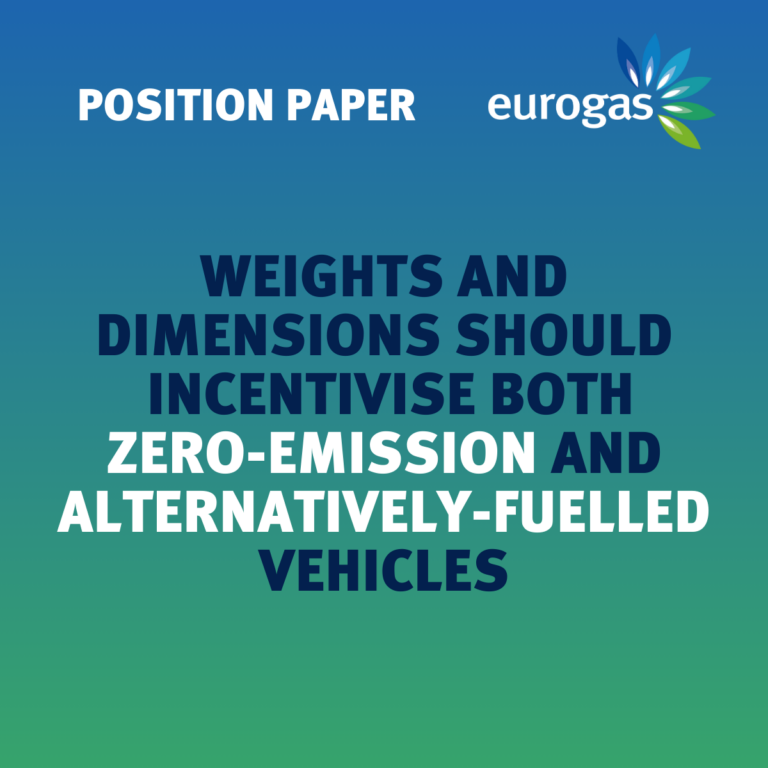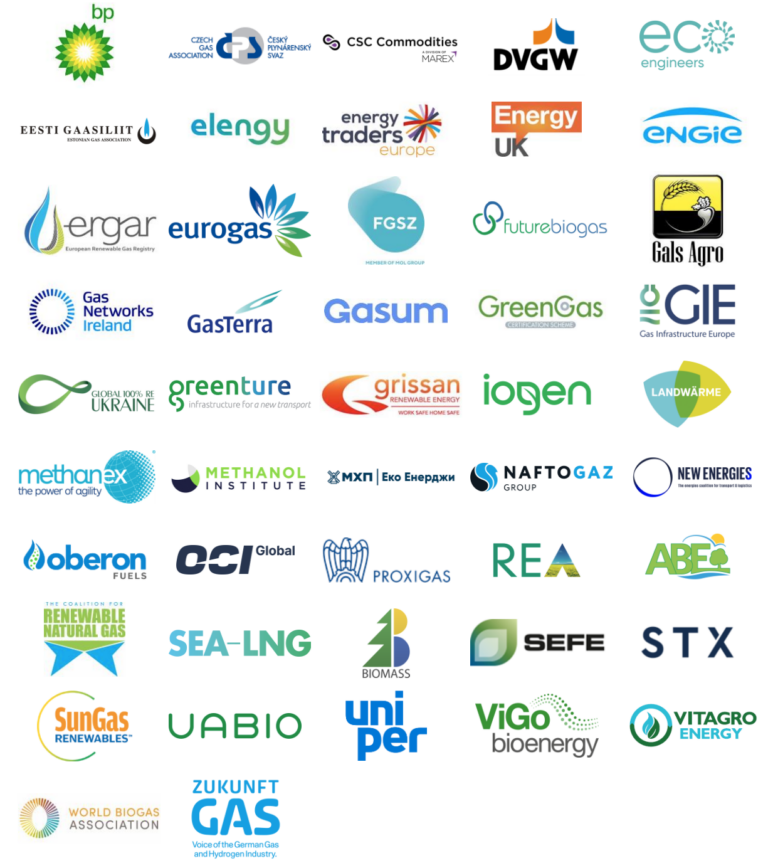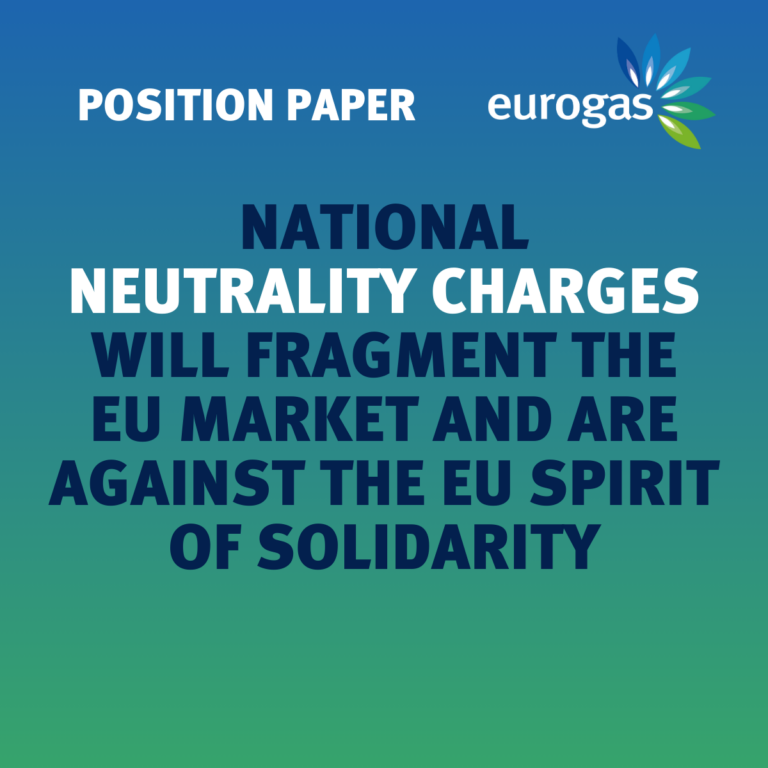As work continues in Brussels on the Energy Performance of Buildings Directive (EBPD), this month Eurogas joined 14 other associations in the energy sector, buildings sector, and groups representing small- and medium-sized businesses, to issue our latest joint paper.
In the position paper, we look at the need for a “bottom-up” approach to decarbonising buildings in the EU – one that works for local authorities, consumers, as well as local suppliers and producers. Together we’re pursuing cost-effective ways to create a carbon-neutral buildings sector.
Buildings are still the single largest source of energy consumption in the European Union today, representing 40% of final energy consumption and 36% of CO2 emissions. Heating takes up the largest share of a building’s total energy consumption, about 60%, and demand is concentrated over only a few months. In short, this sector is hard to abate, and requires a more comprehensive and pragmatic approach to ensure full decarbonisation by 2050 – and a truly carbon-neutral sector.
A “bottom-up” set of solutions, as opposed to a “one-size-fits-all” approach for the entire sector, means that we have more chance of achieving a just transition that empowers local actors of all kinds.
For a just transition to carbon neutrality, our joint paper argues that we’ll need a combination of renewable electrons and renewable molecules. We need to think about the overall efficiency of our integrated energy systems – or “systems efficiency”, as it’s known.
Now and in the future, the efficiency of our energy systems will be improved if we carefully analyse costs and benefits across value chains. This means that the EPBD should actively promote a “total cost approach”, considering direct and indirect investments, and operational costs.
We also argue that across the European Union, we should deploy a whole range of technologies to decarbonise the buildings sector: heat pumps, cogeneration, hybrid solutions, residential fuel cells, and boilers ready to run on renewables.
In short, solutions that balance peaks and reward demand-side management should be integrated into any strategy to decarbonise residential heating. That way, savings from daily and seasonal demand management must be shared with the customers, through adapted tariffs and incentives.
These are just two of the many detailed recommendations outlined in this new paper, with further work to come in future months by Eurogas and our colleagues in energy, buildings, and SMEs.
In Brussels and across the EU, collective efforts to decarbonise the buildings sector must intensify if we are to see the carbon neutrality we need.







